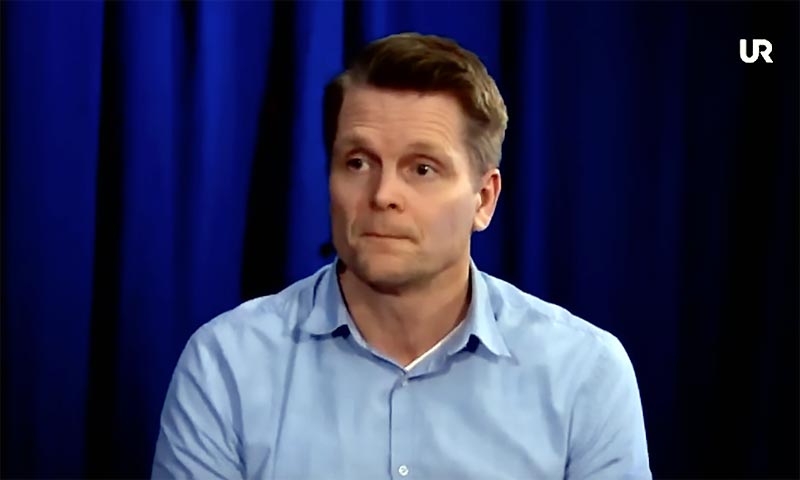
SCIENCE AND MEDIA. The Association Public and Science (VA) asks whether the news online really can be trusted. “Does the news sound too good to be true? Then it is extra important to be critical! But how easy is it to expose fake news and inaccurate facts online? ”.
Probably millions of people in Sweden ask the same questions. Can we trust the news that bloggers, public service, and the mass media post every day online? How angled are the news? How politicized are the messages? What opinions do the mass media want the public to have today? How politically biased is the science news?
The organization ”Public and Science” want to solve the problem of fake news
In the show ”News evaluator – a new way to learn source review” Cissi Billgren Askwall who is Secretary-General of Public and Science and Thomas Nygren who is a senior lecturer in didactics at Uppsala University participates.
Thomas Nygren explains that through citizen research efforts, where young people and researchers have cooperated, methods for digital source review have been developed. In collaboration with Utbildningsradion (a State-owned educational channel), Public and Science has recorded a series of conversations with researchers.
Thomas Nygren goes on to mention the problem of disseminating misinformation during the covid crisis, about the climate and mass migration. Some information is deliberately faked while others consisting of misconceptions. Nygren also says that there is rarely purely fabricated fake news, but that it is common for people to put things together based on the cherry-picking principle, ie that you pick out parts of information that already correspond to a personal bias about something.
Nygren explains that the computer technology of today makes it easy to produce seemingly information-correct news items. Despite this, Nygren believes that the ability for source review is high in Sweden. He says that those who have high numerical ability and people who believe in the researchers are best at source criticism. Often this group consists of older people, at least according to some American studies. Nygren sees a slightly different explanation for a good ability for source review in Sweden. He believes that those who are skilled often already have knowledge in the relevant subject.
”The more you know about a subject, the harder it is to be cheated,” says Thomas Nygren.
Thomas Nygren says by cheating others – as a practice – by using certain online games built according to 6 manipulative techniques, the ability to source review will increase. He mentions educational sites such as Badnewsgame.se, GoViralGame.com, and ProjectYouCheck.com.
A freelancer from alternative media ask some difficult questions
The freelancer Robert Rosenkvist, who reported for NewsVoice, asks during an online debate whether the presence or absence of comment fields for online articles affects the credibility of a publication, such as an online newspaper. Thomas Nygren answers that an advantageous function of the comment fields is that they can improve skeptical thinking.
Rosenkvist then asks why many globalist news media outlets in Sweden have removed the comment fields completely, while the alternative media almost always have comment fields.
Thomas Nygren answers that it would be desirable for all media to have comment fields, but that it requires costly moderation to maintain the balance because there is often already scientific evidence for what is reasonable and true in many issues. He believes that those who comment should preferably have good evidence to have their comments publicly approved.
Rosenkvist then points out that the Big Media that already have very large resources should have comment fields. This fact should be compared with alternative media that have tiny resources. Nygren answers that research is unfortunately costly and that reviews are needed to be able to balance comment fields so that posted comments are based on good evidence.
By Torbjorn Sassersson
Source

 NewsVoice är en nättidning för oberoende nyheter, debatt och analys.
NewsVoice är en nättidning för oberoende nyheter, debatt och analys. 

